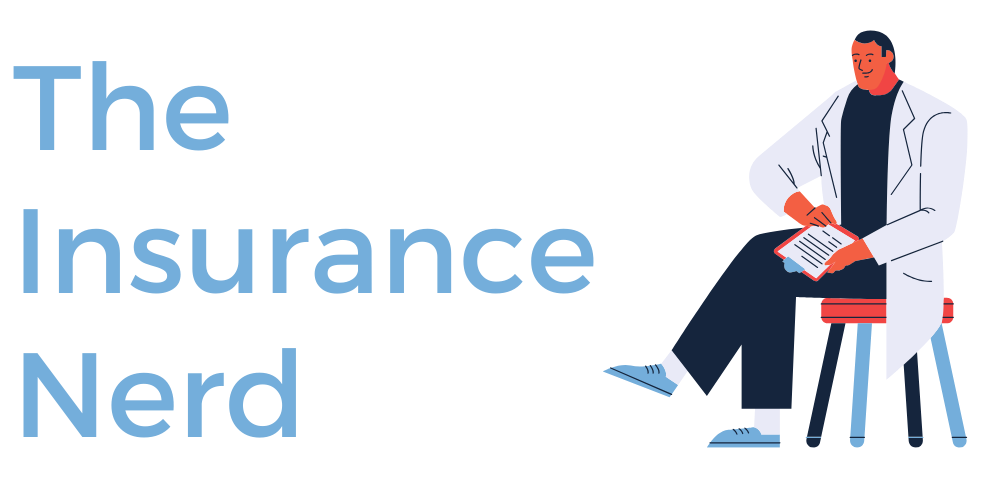Rent-to-own homes are a unique type of agreement that allows you to own a home after a few years of investing. You pay a little more in rent than the fair market value in a rent-to-buy deal.
At the end of the contract, the additional money becomes your down payment. Consequently, you will lose your overpayments if you do not purchase the property at the end of the lease.
When buying a property, you might need to consider the principle of progression. This basis will help you in determining the right choice of property to purchase.
Along with these factors, the surrounding value can go up depending on the neighborhood’s value. You may be interested in choosing an area that is for redevelopment, which may increase the value.
Additionally, if you wish to know more about how it works, you may check this video to find out:
How Does it Work?
When the seller agrees that the buyer can rent the home for a fixed period, a lease agreement is established. Similarly, based on this type of contract, the customer must purchase the house then after the time.
The consumers who sign a rent-to-own agreement may pay an extra charge on top of the rent. This premium would be applied to a deposit on the home.
In addition, this fee is usually non-refundable. Tenants who engage in this contract must be sure that they can always buy the house.
Even if you think you are ready to buy a home, you should think carefully about your options. For instance, you have to find out if it is simply a feeling or ready for something substantial.
It is best if you will plan whether you choose to live in a single-family or multi-family. To assist you in preparing, you may plan to speak to your local property managers about your intentions.
The experts will help to find a home that is appropriate for you as well as your family.
Different Rent to Own Contracts

In a rent-to-own deal, there are two kinds of leases: lease-option and loan. A lease option enables you to choose whether or not to buy the property at the end of the lease.
You are not contractually bound to purchase the home. But, you forfeit any money paid toward the sale if you choose not to buy the home during your lease.
When you accept a rental contract, you agree to buy that house after the term.
1. Lease-Option Contract
When you sign the contract, you must repay the homeowner an option fee. Most option charges vary, usually from 2% to 7% of the total home value.
Since your option fee was not set in stone, you should be willing to trade a lesser rate with the owner or real estate company. If you purchase a home, the rental cash (rent credits) you earned during the lease goes toward your down payment.
After that, you can offer a fair selling price to the seller when your lease is up. A home appraisal is usually designed to examine the value of a house.
However, in most cases, your option fee is being used to lower the value of the property’s selling price.
2. Lease-Purchase Contract
A lease-purchase contract is similar to a lease-option agreement as regards how it operates. You keep renting for several years and put a portion of your rent into a deposit for the house property.
When you accept a lease-purchase agreement, though, you agree to buy the home just after the term. Likewise, when you sign the lease, you and the seller agree on an appraised value.
To clarify, you and the owner can agree on a cost before you sign a contract. Also, you can arrange an assessment and then decide on pricing.
Again, you start your lease after you and the owner have reached a deal. You will have an overview of how much you need from a loan if you set the price in advance.
If you choose this agreement, you must begin looking for a loan while living in the property or when the price is decided. But, if you cannot get funding for your house before the expiry of the tenure, you will lose your claims to it.
Additionally, you will also lose the rent credits you have earned. Consequently, if you do not buy the house, the owner may sue you for breach of the contract.
Pros and Cons of Renting a Home
You must know your neighborhood to be the best place to start a life and grow your household. Whether renting or buying a house, you must get your money’s worth in the long run.
The arrangements listed above can benefit both buyers and sellers, but everyone must know the consequences. At first sight, such contracts are like regular leases between landlords and tenants.
But, the lease does grant the landlord exclusive rights to buy a house at a later date. When you choose to rent a home, a part proceeds repaid and is also allocated to the asset’s cost.
However, among the disadvantages is if the tenant has a loan contract, they cannot acquire the home at the end of their lease. Consequently, the buyer’s opportunity to purchase their home for the rest of the contract is unclear.
The seller would have to restart the process, and they get to keep the extra money the renter paid toward the purchase price.
To sum up, below is a table showing the benefits and disadvantages of renting a home:
| Pros of Renting a Home | Cons of Renting a Home |
| You will have more control and opportunity. There are no long-term obligations.You are not responsible for the upkeep of the rented space.Repair expenditures are kept to a minimum.Renting may be less expensive than homeownership. | There is no such thing as permanence.Your payment isn’t fixedIf you rent a home, you won’t be able to collect equity.Renting a property has no tax advantages.Possibility of not owning pets because they are not allowed. |
Pros and Cons of Owning a Home
There are some advantages and disadvantages to renting a home, just as there are some benefits and disadvantages to buying.
The list below can help you in making a final decision:
| Pros of Owning A Home | Cons of Owning A Home |
| Homeownership can give you lots of sense of safety and security.As the owner, you have complete freedom to remodel and modify the property.Purchasing a home might be a great investment.Benefits from the taxation system.Mortgage interest costs are deductible. | Having a home entails more responsibilities. You are accountable for your maintenance.Even though you are not required to pay rent monthly, property taxes may rise.Depending on whatever you need for the property, your monthly expenses may vary. |
Things You Must be Aware Of Rent to Own Homes
Timing is everything when it comes to selling and buying. But, for most people, choosing the lowest point is impossible.
Individuals who wait for the absolute cheapest cost mostly miss it by months, if not years. Likewise, the same happens with any item whose price is affected by market forces.
Buying once you can pay is better because you do not have to think about the market when moving in. You can determine if renting is a better choice if you are especially sensitive to statistics.
It is easy to define whether owning a home that you desire to buy is less costly.
1. Choose a Loan with a Relatively Short term.
A 30-year fixed loan is generally thought of as the benchmark in the mortgage. However, there are various short repayment choices accessible.
The cost is usually always less, but the payments are larger. Evaluate what you can afford and if it fits within your lifestyle.
Choosing a 30-year rate rather than a 15-year interest rate, then moving in a few years is a waste of time and money.
2. Make Your Calculations
Every lender will provide you with several options. Discount factors, loan terms, closing credits, and other variables will impact what alternative is ideal for you.
Most individuals make quick judgments, but it is wise to carefully examine all of your choices and crunch the numbers.
There seem to be many foreclosed properties available online, so do your research and choose the right course of action.
3. Determine Your Wants and Needs.
It is time to look at options once you have decided how much property you can or wish to purchase.
Certainly, with financial obligations and down payment, the perfect home may not be achievable this time. But, life will be rather boring if you can fulfill all of your aspirations and desires early on.
4. Wait Patiently.
Above all, remember that throughout this procedure, it is important to be patient. The patient customer always wins whenever it comes to selecting a lender or making large bids.
Do not let your feelings or idleness get the best of you. After all, purchasing a home is a big effort so take your time.
5. Find a Reliable Agent
The overall process can be stressful, particularly for first-time buyers.
A competent agent can assist you in addressing all of your concerns. Similarly, they will be helping you with the overall process and guide you on what price to ask your seller.
Do not make the mistake of not employing help from an agent. A negotiator will save you more money, as each fault might cost you more.
Conclusion
If you do not have cash or a credit rating to get a loan, a rent-to-own lease can help you buy a house. This contract has its share of several advantages and disadvantages so learn about them.
Similarly, if you are not using a strategy before entering a lease deal, you could lose your money. Also, if you are still deciding where you want to live, keep clear from lease contracts.
Did you enjoy this article? You might be interested in reading the following for more information:





